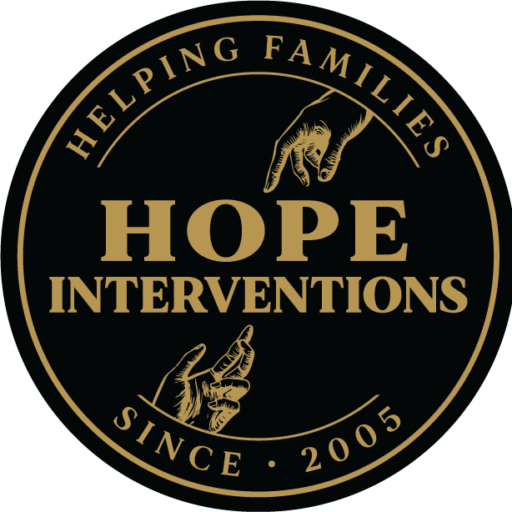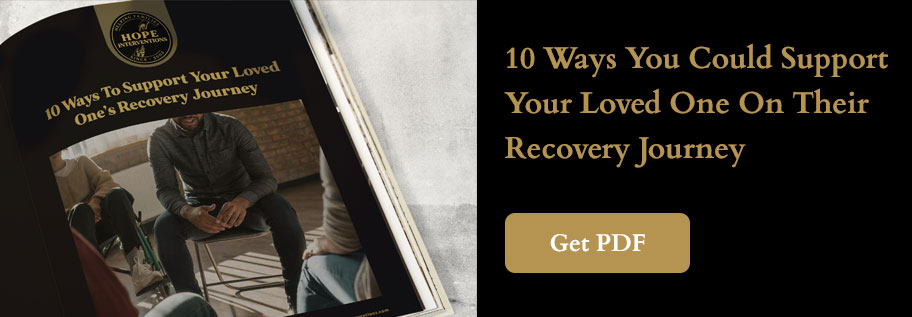In 2025, the conversation around mental health is louder and more urgent than ever—and rightly so. But one critical truth still struggles to gain the attention it deserves: mental health and addiction are inseparable, and treating one without the other is like trying to stop a flood with a paper towel. At Hope Interventions, we’ve seen what happens when families and professionals address addiction in isolation. We’ve also seen the transformative results when mental health and addiction are treated together, as they should be.
Addiction Is Often a Symptom—Not Just the Problem
Behind every bottle, pill, or line is a story. A trauma. A mental wound. A pain that hasn’t been given the space—or support—to heal. Many people struggling with addiction are also dealing with:
- Depression
- Anxiety disorders
- Post-traumatic stress
- Bipolar disorder
- Unresolved grief or emotional pain
These aren’t just background issues—they’re often the drivers of substance use. When someone reaches for a substance, they may be trying to numb the internal chaos or self-medicate in the absence of healthier tools.
The Risks of Treating Addiction Without Addressing Mental Health
When treatment focuses solely on detox or abstinence without digging deeper into mental health, relapse becomes more likely. Here’s why:
- The root causes remain untreated
- Coping mechanisms aren’t developed
- Old emotional patterns resurface unchecked
- The person may leave rehab still feeling misunderstood or unsupported
In short: you can remove the substance, but if you don’t treat the pain that caused its use, the cycle continues.
Why 2025 Demands a Dual Approach
The world has changed, and so have the pressures people face. We’re living in a time marked by:
- Lingering pandemic trauma
- Economic instability
- Social media-driven comparison and isolation
- Increased rates of anxiety and depression across all age groups
Addiction today doesn’t look like it did twenty years ago. It’s more hidden. More intertwined with mental health struggles. And it calls for integrated solutions that meet people where they are—not where we assume they should be.
What Families Need to Know
If your loved one is struggling with addiction, there’s a high chance they’re also battling mental health challenges—even if they haven’t said it out loud. You may notice:
- Mood swings
- Unexplained anger or sadness
- Emotional shutdowns
- Panic attacks
- Sleep disturbances
- A deep sense of hopelessness
These aren’t signs of moral failure. They’re cries for help. And they point to the need for a comprehensive intervention strategy—one that goes beyond stopping the substance and starts healing the whole person.
How Hope Interventions Approaches This Reality
At Hope Interventions, we know recovery isn’t just about sobriety—it’s about restoration. That’s why we guide families toward treatment plans that prioritize dual-diagnosis care, where both mental health and addiction are treated together.
Our interventions focus on:
- Bringing the whole story into the light—not just the substance use
- Breaking stigma around mental health within families
- Helping loved ones feel safe enough to accept help
- Connecting families with programs and clinicians trained in dual-diagnosis treatment
We believe recovery isn’t just possible—it’s more likely and more sustainable when mental health is part of the plan from day one.
Hope Heals When You Treat the Whole Person
Mental health and addiction aren’t two separate issues. They’re deeply connected—and the path to lasting recovery starts when we stop treating them like strangers. If someone you love is struggling, don’t settle for partial solutions. Choose a path that sees the whole person.
Reach out to Hope Interventions today. Because healing the mind and body—together—is the real way forward in 2025.

